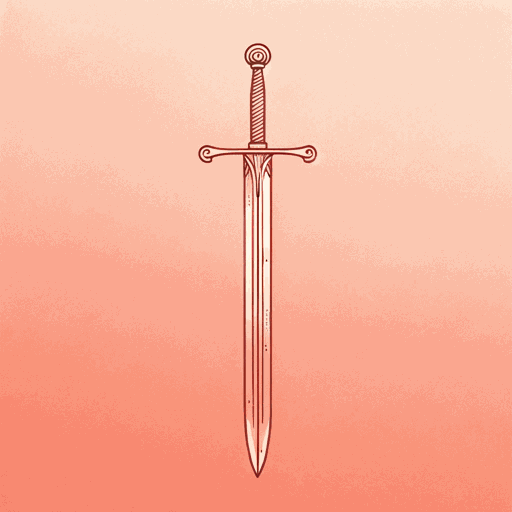31 pages • 1 hour read
AnonymousJudith
Fiction | Poem | Adult | Published in 975A modern alternative to SparkNotes and CliffsNotes, SuperSummary offers high-quality Study Guides with detailed chapter summaries and analysis of major themes, characters, and more.
Themes
Heroism and Challenging Gender Stereotypes
Gender stereotypes about men and women are informed by the culture, time, and place of one’s birth. Judith, in celebrating the heroism and faith of the virgin Judith, upends gender stereotypes of the poem’s Medieval era that are, to some extent, still operating today, more than a millennium later.
Engaged as a battle narrative, Judith challenges assumptions about the role of men and women in time of conflict. The men in the poem, while traditionally portrayed as competent, heroic figures, are cartoonish in either their villainy or sheer uselessness. The much-feared Assyrian general Holofernes, for instance, is over-the-top monstrous in his predatory plot to seduce the virgin Judith. At the feast, Holofernes is more animal than human. He “took joy in the wine-pouring / Howled and hurled forth a hideous din” (Lines 23-24). Dispatched by Judith, Holofernes, “bereft of soul” (Line 115), is left in the void of a dark afterlife “amid woes and tortures” (Line 118).
The Assyrians under Holofernes’s command are passive toadies following their general’s craven plot to defile a virgin. And after Holofernes is dead, with their army under attack by the Israelites, the Assyrian soldiers dither outside their general’s tent, unable to find the nerve to disturb their leader at the moment of their greatest peril.
Related Titles
By Anonymous

Arabian Nights
Anonymous
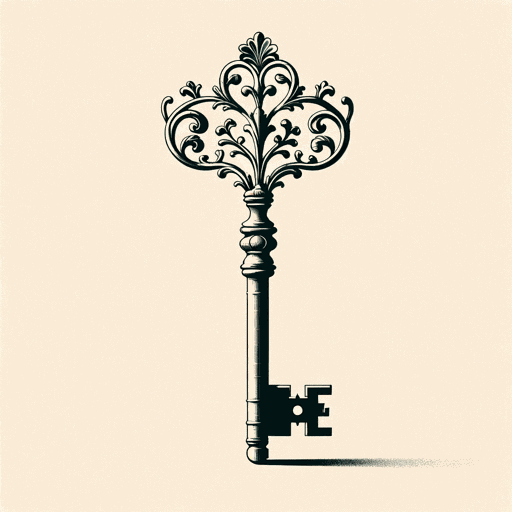
Arden of Faversham
Anonymous

A Woman in Berlin
Anonymous

Bible: New Testament: English Standard Version
Anonymous
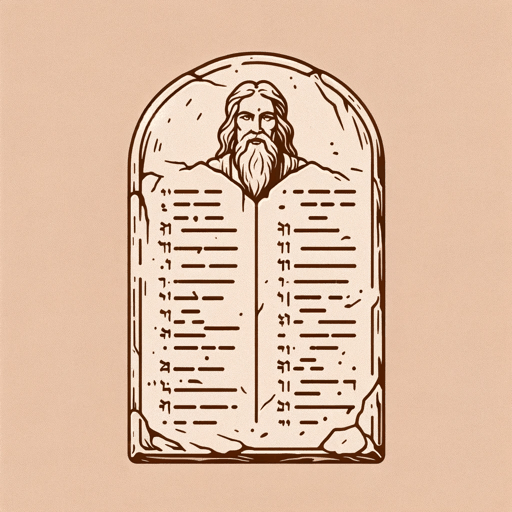
Bible: Old Testament: English Standard Version
Anonymous

Deuteronomy
Anonymous

Diary of an Oxygen Thief
Anonymous

Do Not Stand at My Grave and Weep
Anonymous
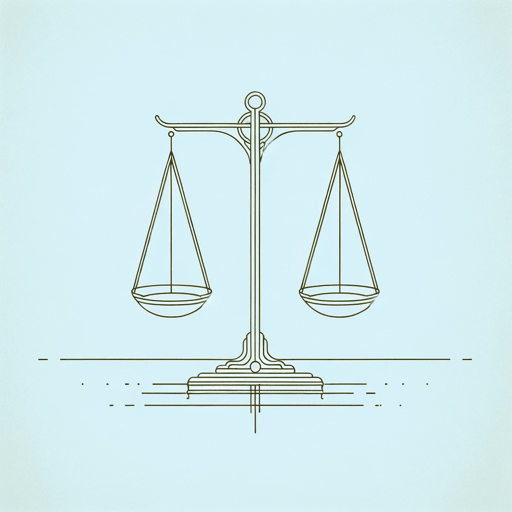
Everyman
Anonymous

Hebrew Bible
Anonymous

Holy Bible
Anonymous

Homeric Hymns
Anonymous

Laxdaela Saga
Anonymous
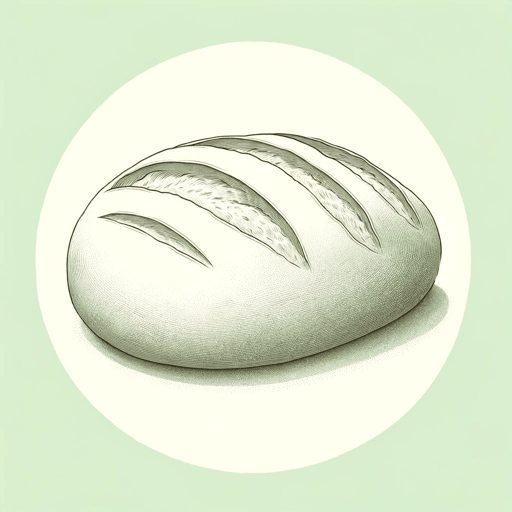
Lazarillo De Tormes
Anonymous

Mahabharata
Anonymous
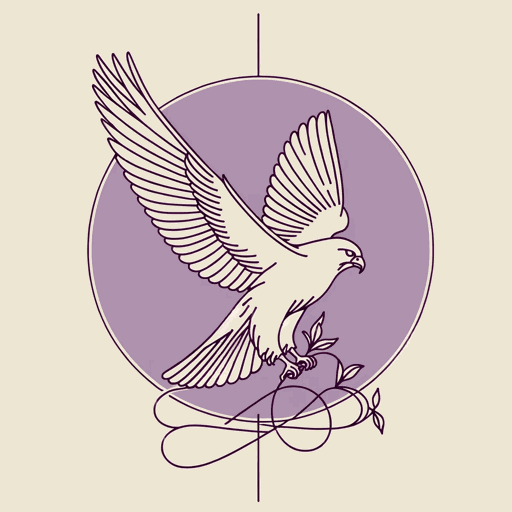
Nibelungenlied
Anonymous

Njals Saga
Anonymous

One Thousand and One Nights
Anonymous

Popol Vuh
Anonymous
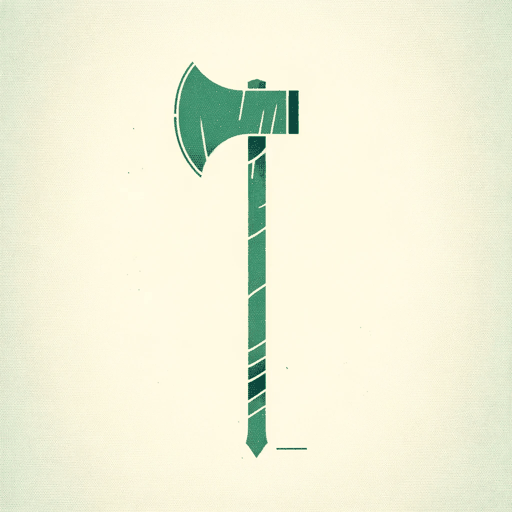
Sir Gawain and the Green Knight
Anonymous
